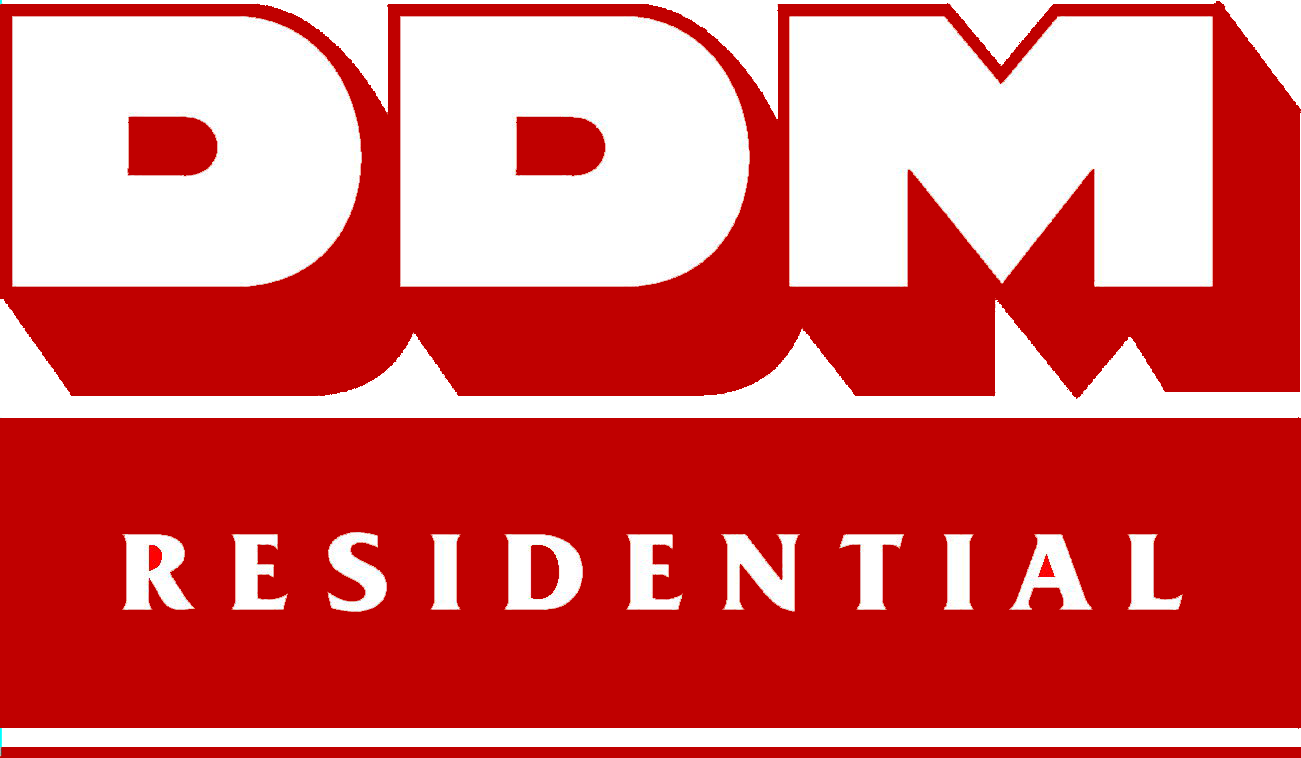After more than three and a half years of debate, amendments, and uncertainty, the Renters’ Rights Bill is finally moving to Royal Assent. This marks one of the most significant overhauls of the private rented sector in decades. Originally promised in the Queen’s Speech in 2019, this long-awaited legislation is set to transform the relationship between landlords and tenants. But many questions remain about when and how the changes will come into effect.
A New Era for the Private Rented Sector
Housing Minister Matthew Pennycook described the Bill as a way to “decisively level the playing field between landlord and tenant.” The government’s goal is to create a fairer, more transparent rental system that provides greater security for tenants while maintaining a workable framework for landlords.
However, despite the Bill’s approval, the government has not yet confirmed when the reforms will take effect. This has caused frustration across the industry. With many calling for clear implementation timelines to help landlords and letting agents prepare.
Industry leaders such as Nathan Emerson, CEO of Propertymark, have emphasised the need for “clear guidance, realistic timelines, and workable solutions.” While others, like Charles Roe of UK Finance, have warned that the scale of reform means “the pace of implementation is critical.”
Key Reforms Landlords Need to Know
The Renters’ Rights Bill introduces several major changes that will reshape how landlords let and manage their properties:
- Abolition of Section 21 “no-fault” evictions: Landlords will no longer be able to evict tenants without providing a valid reason. This aims to increase security for tenants and reduce the fear of being unfairly removed from their homes.
- Move to periodic tenancies: All tenancies will become periodic, meaning they continue on a rolling basis rather than fixed terms. This gives tenants more flexibility to move and landlords more control over property management when legitimate grounds for possession exist.
- New grounds for possession: While Section 21 is being scrapped, new legal grounds will be introduced to allow landlords to regain possession in certain situations. For example, if they wish to sell the property or move back in.
- Decent Homes Standard and Ombudsman: The Bill will extend the Decent Homes Standard to the private rented sector and introduce a new Ombudsman scheme. This will provide tenants with a formal route to resolve complaints.
While these reforms aim to improve standards and transparency, there are concerns about how they’ll impact the market. Some experts warn that increased regulation could discourage landlords and potentially drive rents higher if supply decreases.
What This Means for Tenants
For tenants, the Renters’ Rights Bill represents a step toward greater stability. The abolition of Section 21 will mean tenants can only be asked to leave for legitimate reasons. Reducing the risk of sudden evictions. The move to periodic tenancies gives renters more freedom and flexibility. Whilst the introduction of an Ombudsman provides a clearer path to resolve disputes.
Preparing for Change
Although some measures could come into force as early as April to June 2026, others, such as the Decent Homes Standard, may take longer. That means now is the time for landlords to start preparing.
At DDM Lettings, we’re keeping a close eye on developments to ensure our landlords and tenants stay informed every step of the way. We’ll continue to provide updates, advice, and practical guidance as implementation dates are announced.
Change is coming, but with the right support and preparation, both landlords and tenants can navigate it with confidence.
For tailored advice on what the Renters’ Rights Bill means for you, contact your local DDM Lettings office today.



